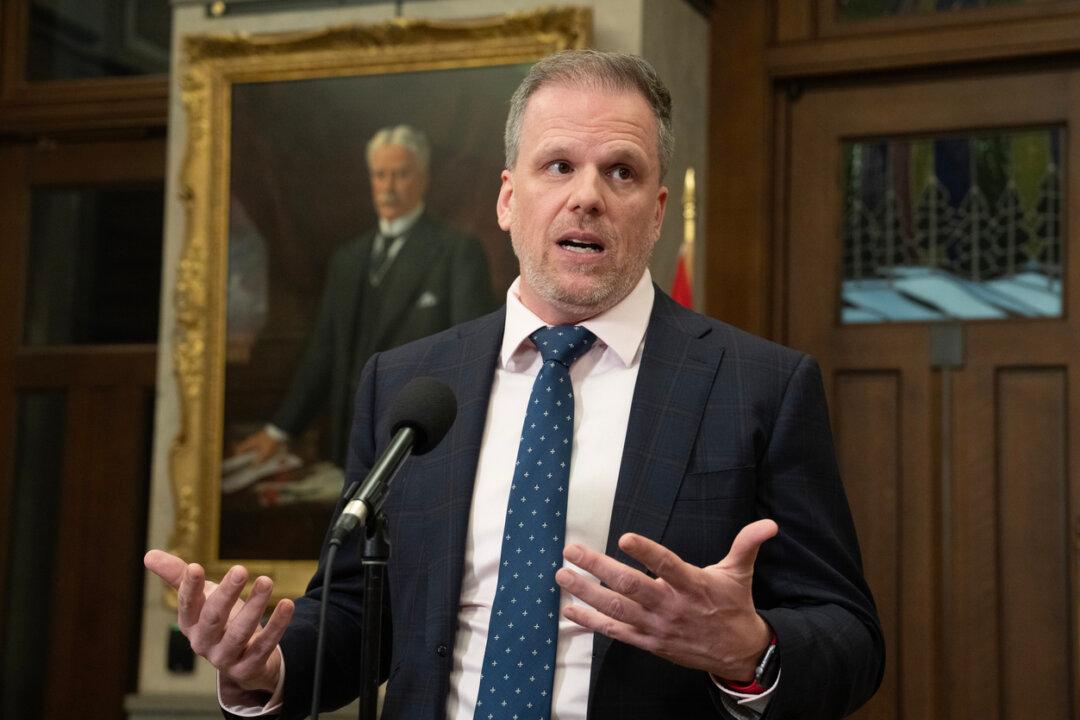The pharmacare bill that was central to the now-disbanded Liberal-NDP agreement has officially become law, receiving royal assent on Oct. 10 after passing through the Senate without any amendments.
The law, previously known as Bill C-64, will guide the development of future national universal pharmacare plans. It will enable the government to negotiate agreements with provinces and territories to include diabetes and birth control medications within the public health system.





